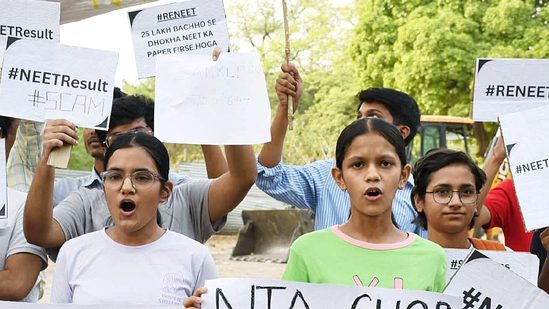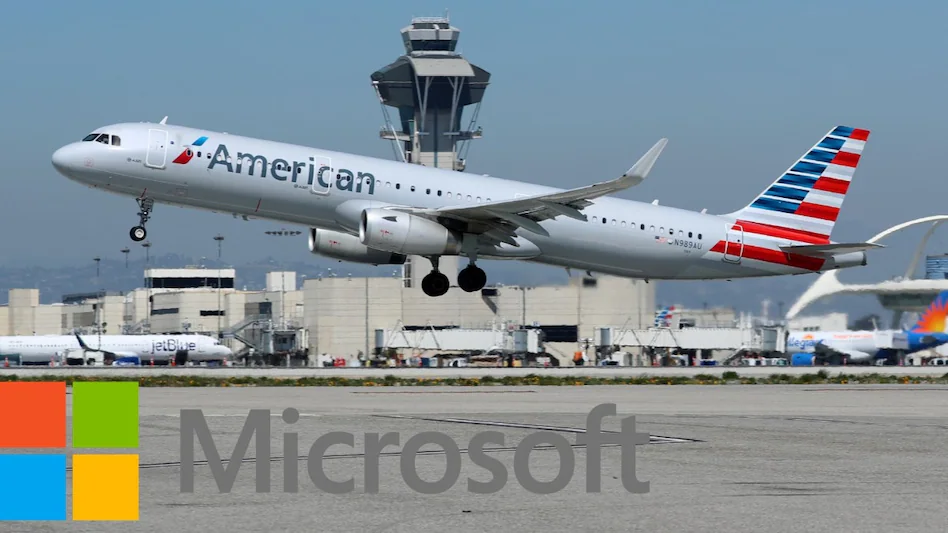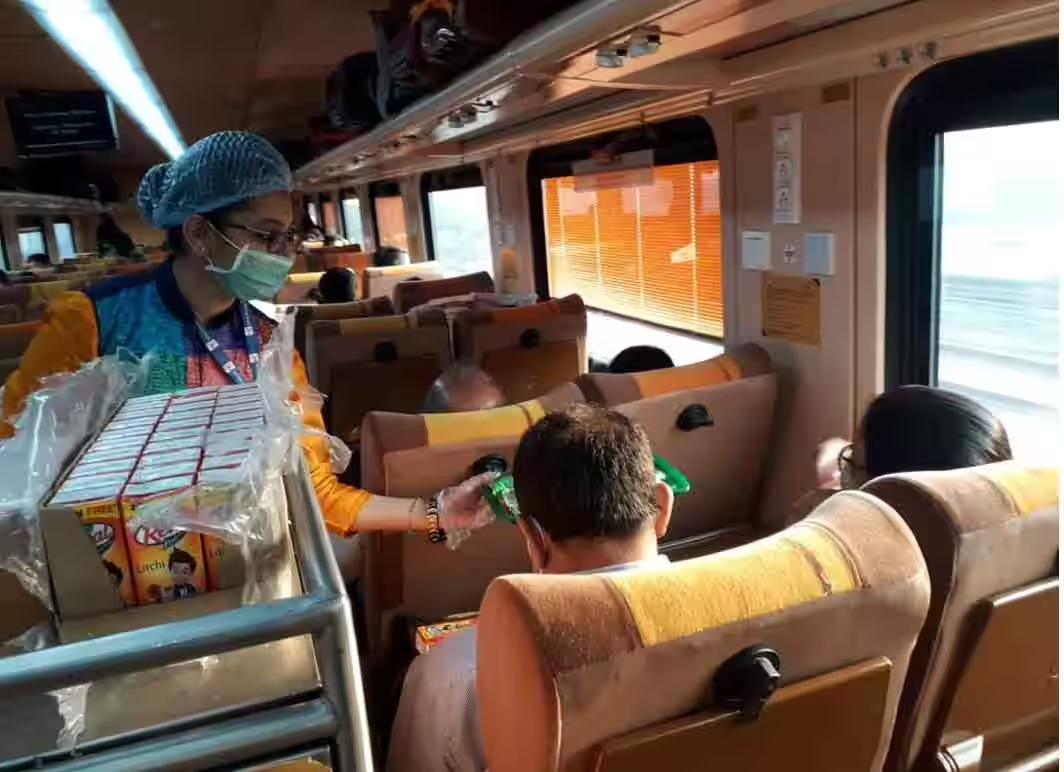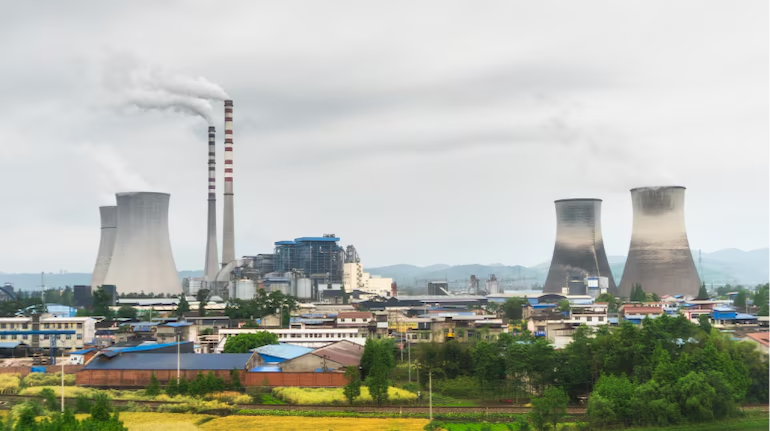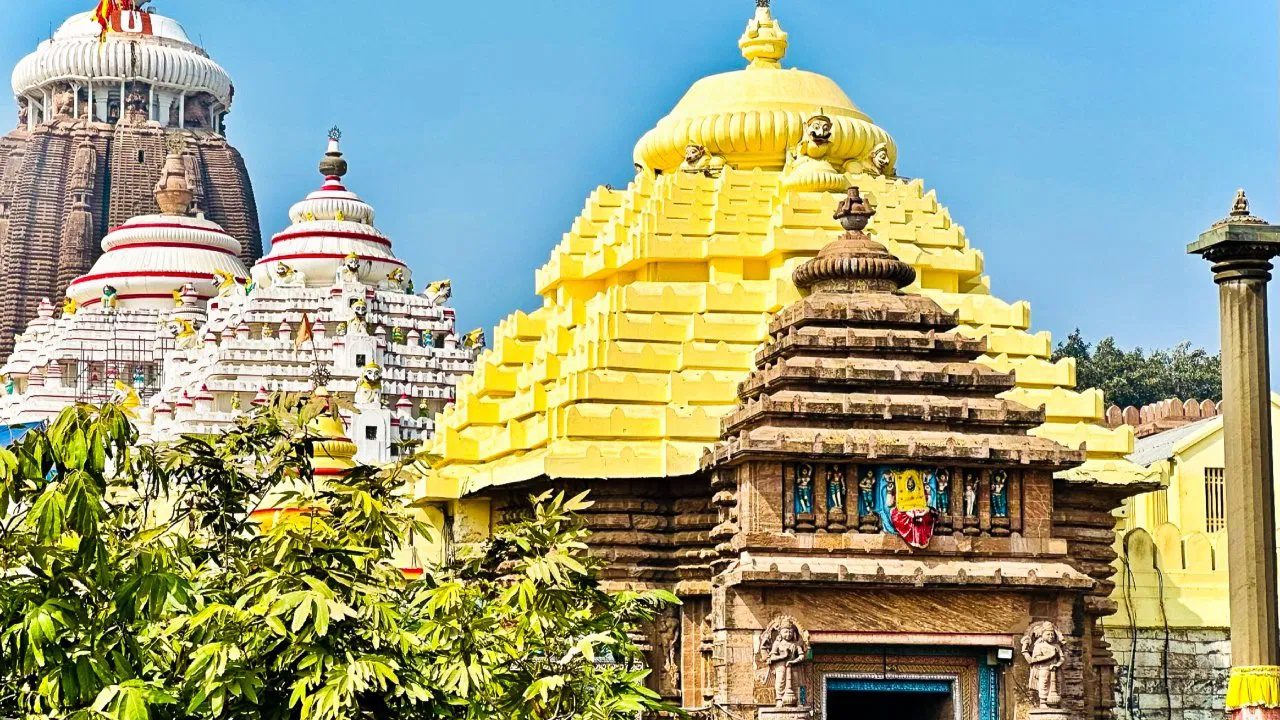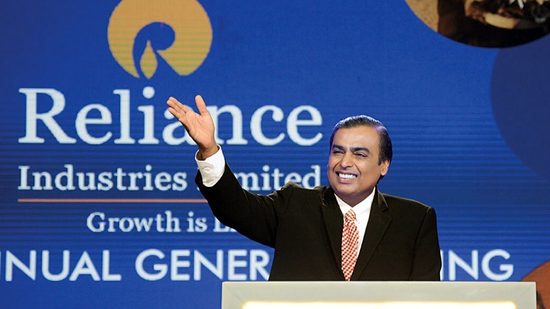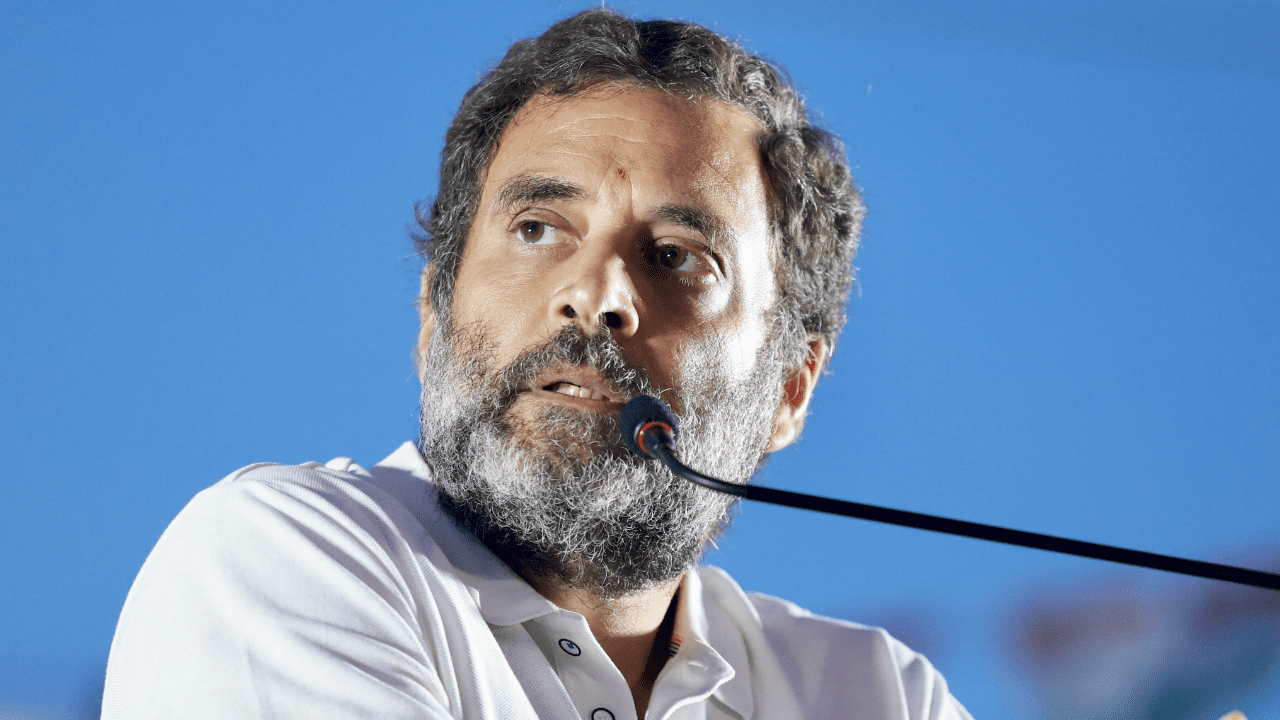
In the whirlwind of India’s democratic process, every move of political leaders is scrutinized, especially during the fervor of election season. The recent incident involving Rahul Gandhi’s helicopter being inspected by election officials in Tamil Nadu amid the Lok Sabha polls has sparked considerable attention and speculation.
The scenario unfolded on a balmy day in Tamil Nadu, where Rahul Gandhi, scion of the Gandhi dynasty and prominent leader of the Indian National Congress, was scheduled to address a political rally in the state. However, before the rally could commence, election officials swooped in to inspect Gandhi’s helicopter, raising eyebrows and triggering debates across political circles.
The optics of such an event are undeniably significant, particularly in the context of India’s vibrant electoral landscape. Rahul Gandhi, a key figure in the opposition, has been actively campaigning across the country, rallying support for the Congress party and its allies. Thus, any incident involving him inevitably becomes fodder for political discourse and speculation.

The official reason cited for the inspection was routine protocol to ensure compliance with election regulations, including adherence to the model code of conduct and relevant aviation norms. However, in the charged atmosphere of electioneering, even routine actions assume greater significance, often interpreted through the lens of political rivalry and intrigue.
For supporters of the ruling party, the incident may be construed as a validation of the robustness of India’s electoral machinery, demonstrating a commitment to fairness and transparency in the conduct of elections. On the other hand, critics and opposition voices may view it as an instance of selective scrutiny or even harassment, aimed at disrupting the campaign momentum of political adversaries.
Moreover, the timing of such incidents is crucial, as they can potentially influence public perception and shape electoral outcomes. In the case of Rahul Gandhi, the helicopter inspection comes at a critical juncture in the Lok Sabha polls, where every advantage and setback could tip the scales in favor of one party or another.
Beyond the immediate implications, the incident also underscores broader issues related to the intersection of politics and governance in India. Questions about the autonomy of election authorities, the impartiality of enforcement agencies, and the need for greater transparency in electoral processes are perennial concerns that resonate with citizens across the political spectrum.
As the Lok Sabha polls unfold, it is imperative for all stakeholders, be it political parties, election officials, or the electorate, to uphold the principles of democracy and ensure a level playing field for all contestants. While incidents like the inspection of Rahul Gandhi’s helicopter may generate headlines and spark debates, it is ultimately the collective will of the people that will determine the course of India’s democratic journey.

